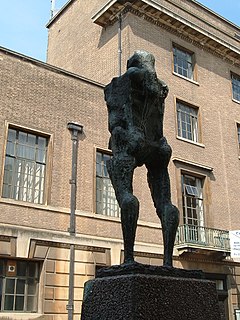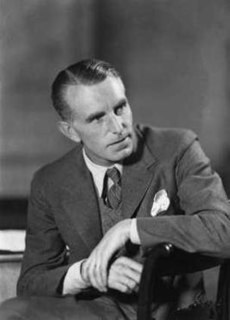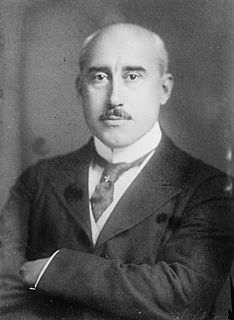A Quote by Oliver Wendell Holmes, Jr.
These are the hands whose sturdy labor brings The peasant's food, the golden pomp of kings; This is the page whose letters shall be seen, Changed by the sun to words of living green; This is the scholar whose immortal penSpells the first lesson hunger taught to men; These are the lines that heaven-commanded Toil Shows on his deed, - the charter of the soil!
Related Quotes
The American farmer, whose holdings were not so extensive as those of the grandee nor so tiny as those of the peasant, whose psychology was Protestant and bourgeois, and whose politics were petty-capitalist rather than traditionalist, had no reason to share the social outlook of the rural classes of Europe. In Europe land was limited and dear, while labor was abundant and relatively cheap; in America the ratio between land and labor was inverted.
Friends now fast sworn,
Whose double bosoms seems to wear one heart,
Whose hours, whose bed, whose meal and exercise
Are still together, who twin, as 'twere, in love,
Unseparable, shall within this hour,
On a dissension of a doit, break out
To bitterest enmity; so fellest foes,
Whose passions and whose plots have broke their sleep
To take the one the other, by some chance,
Some trick not worth an egg, shall grow dear friends
And interjoin their issues.
A map in the hands of a pilot is a testimony of a man's faith in other men; it is a symbol of confidence and trust. It is not like a printed page that bears mere words, ambiguous and artful, and whose most believing reader - even whose author, perhaps - must allow in his mind a recess for doubt. A map says to you, 'Read me carefully, follow me closely, doubt me not.' It says, 'I am the earth in the palm of your hand. Without me, you are alone and lost.
What is Communism? Communism is the doctrine of the conditions of the liberation of the proletariat. What is the proletariat? The proletariat is that class in society which lives entirely from the sale of its labor and does not draw profit from any kind of capital; whose weal and woe, whose life and death, whose sole existence depends on the demand for labor.
I realized clearly, perhaps for the first time, what strained and anxious lives dogs must lead, so emotionally involved in the world of men, whose affections they strive endlessly to secure, whose authority they are expected unquestioningly to obey, and whose mind they never can do more than imperfectly reach and comprehend.


































